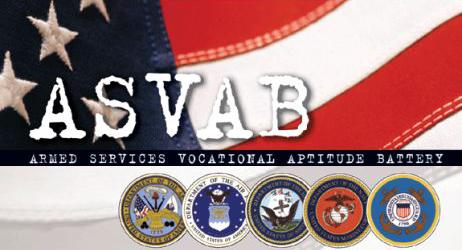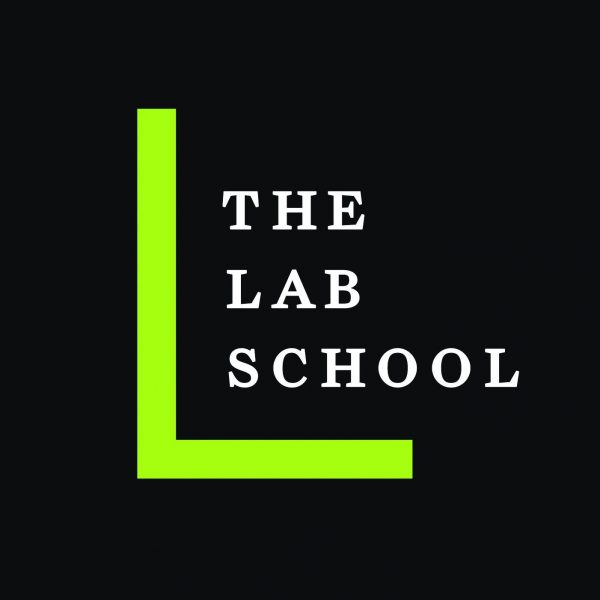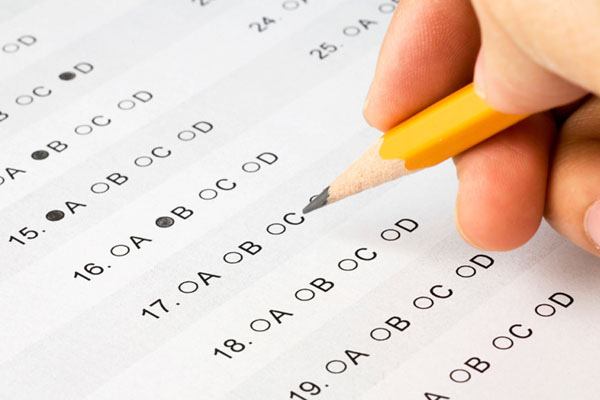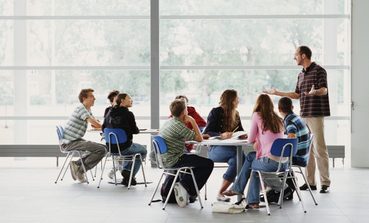Competencies Necessary for Success in College
The years students spend in college can be among their most challenging, and even students who excelled in high school often have their core assumptions undermined and their strongest academic skills questioned. While intelligence and academic excellence can play a role in predicting college success, a 2012 study published in …










